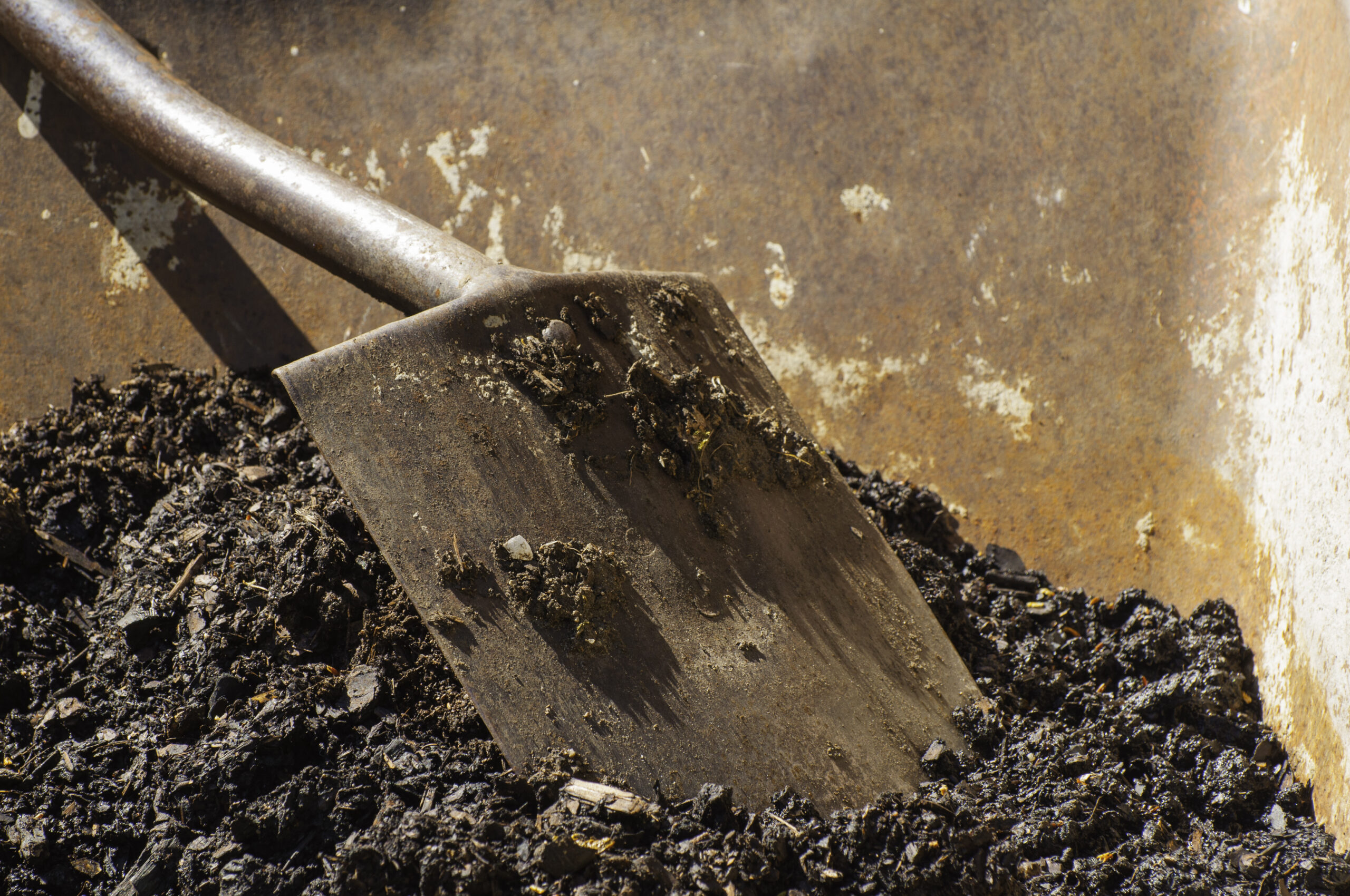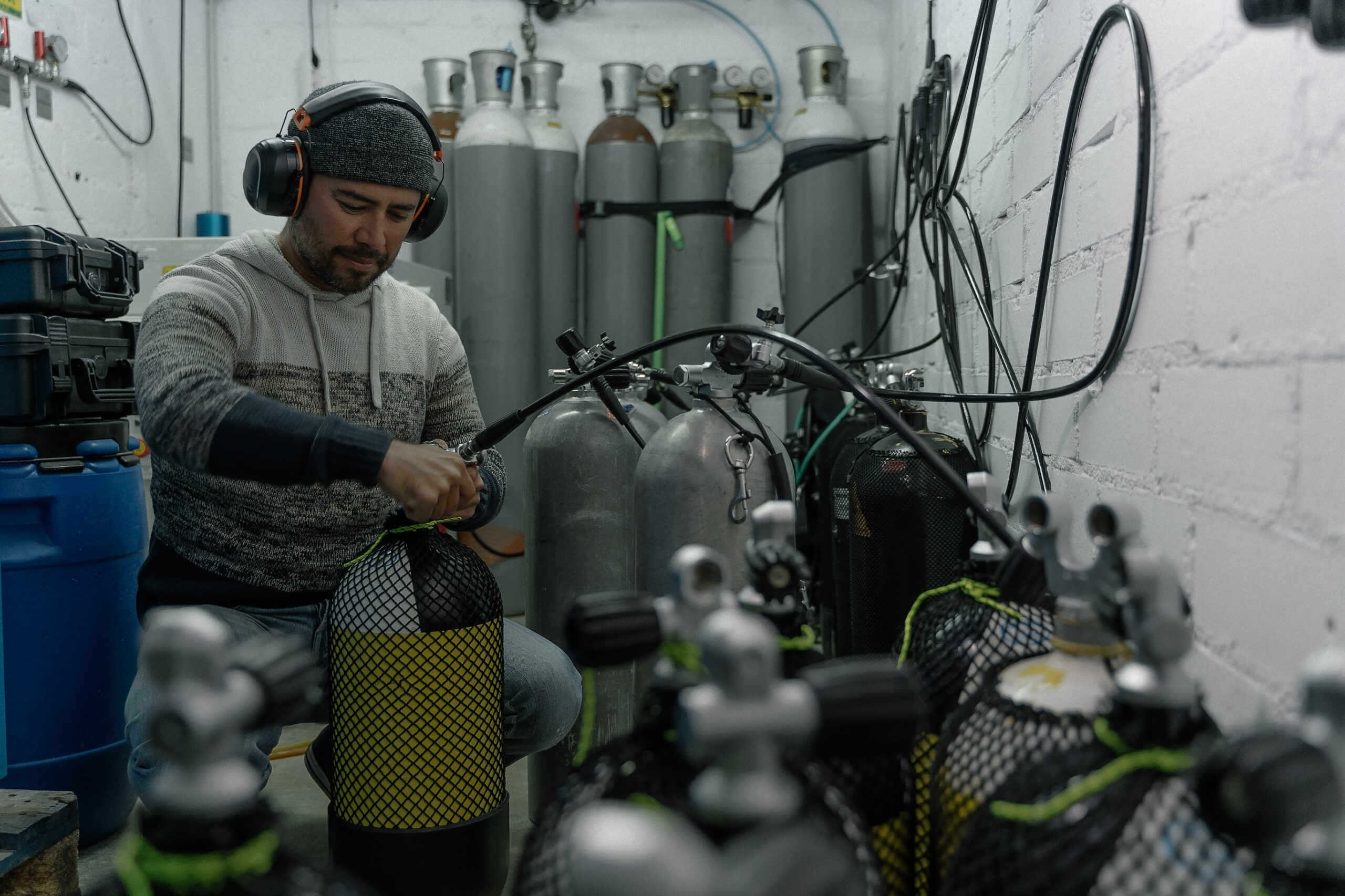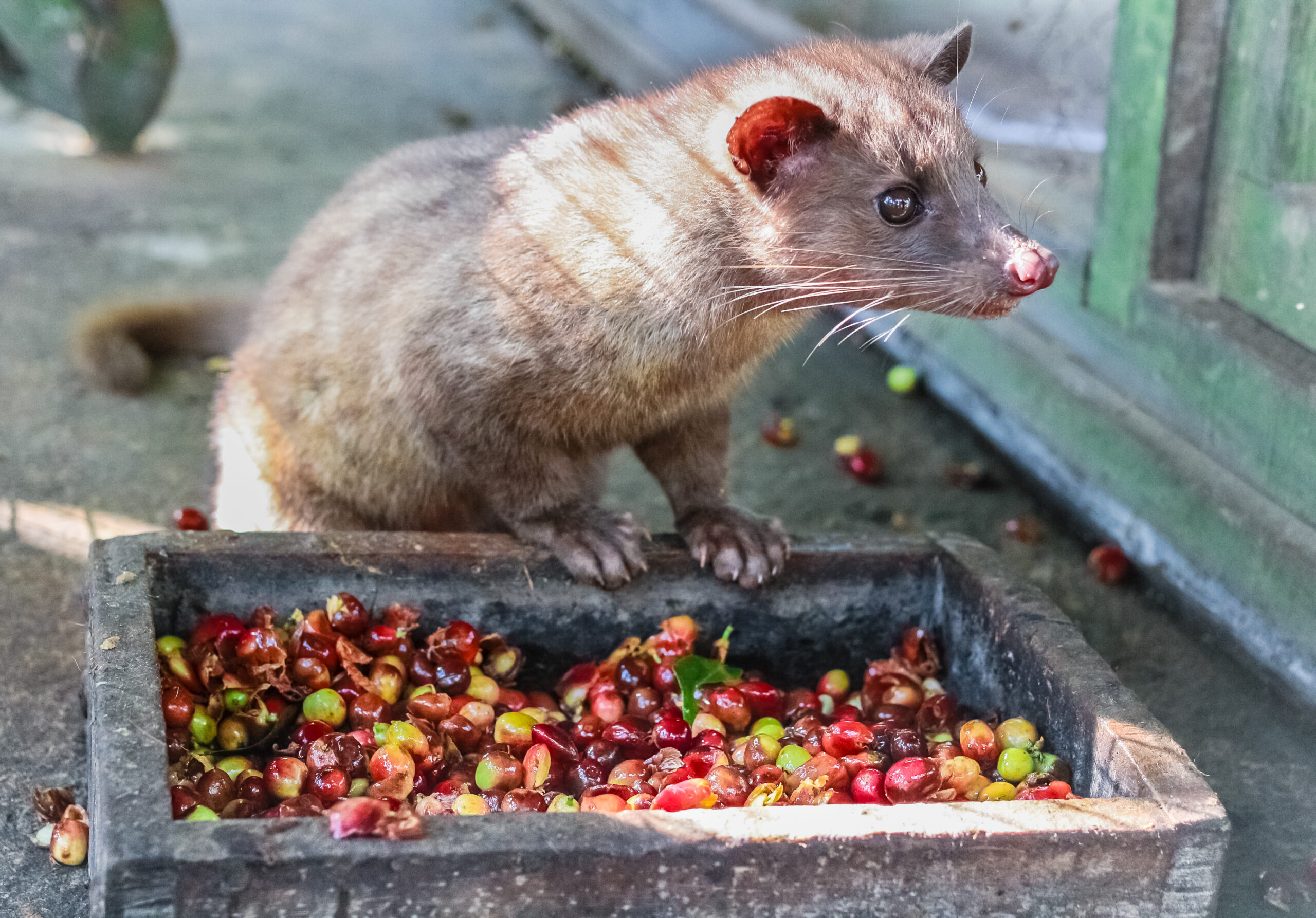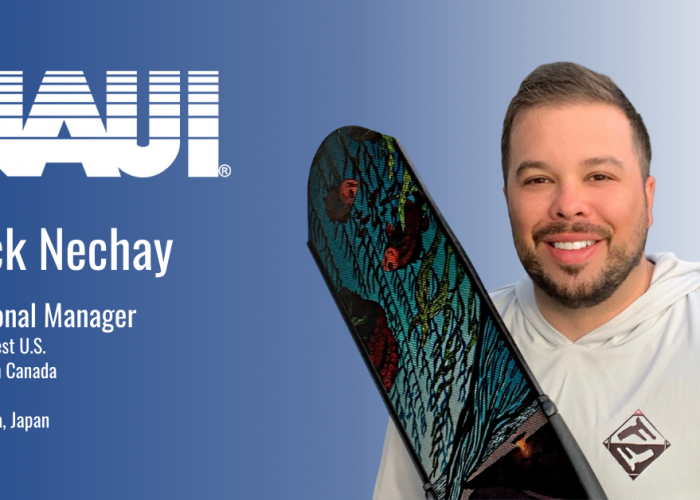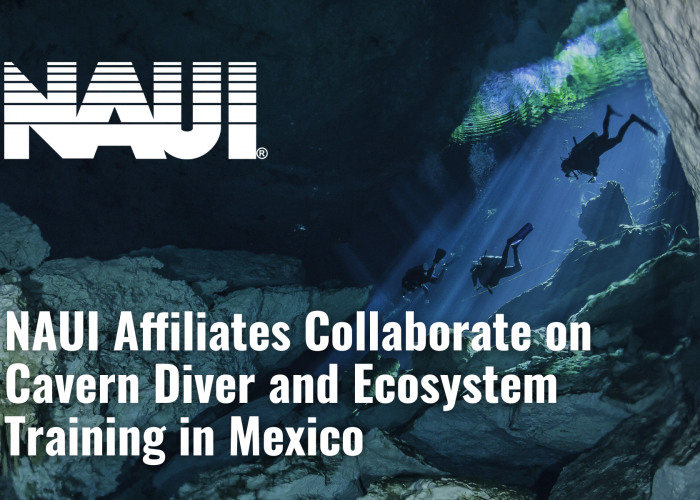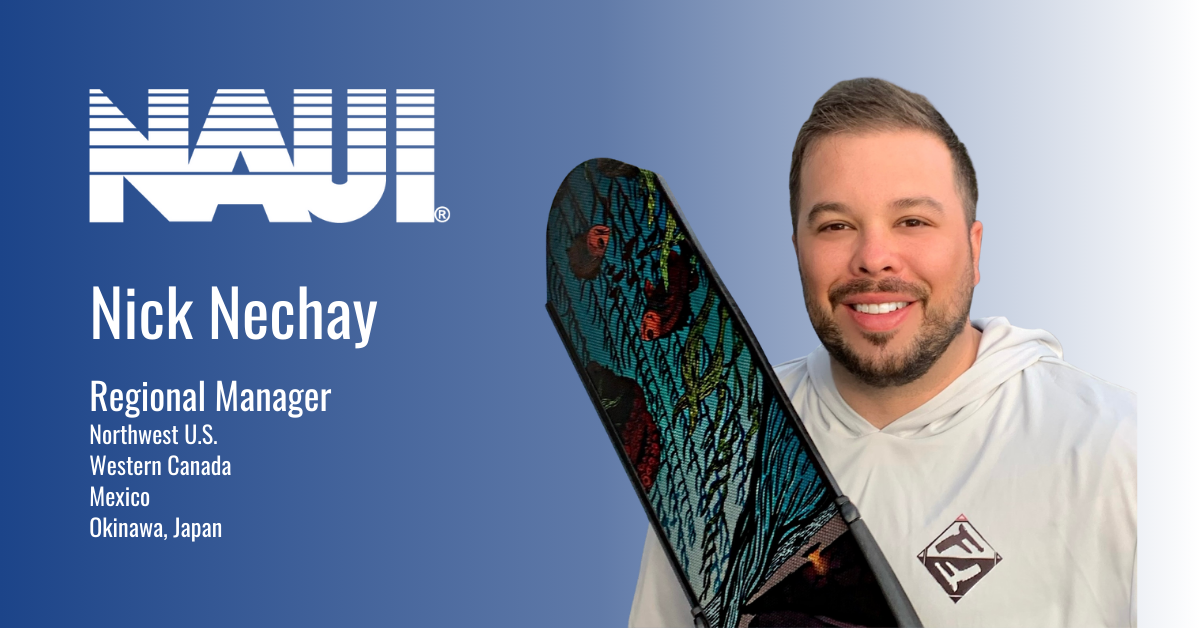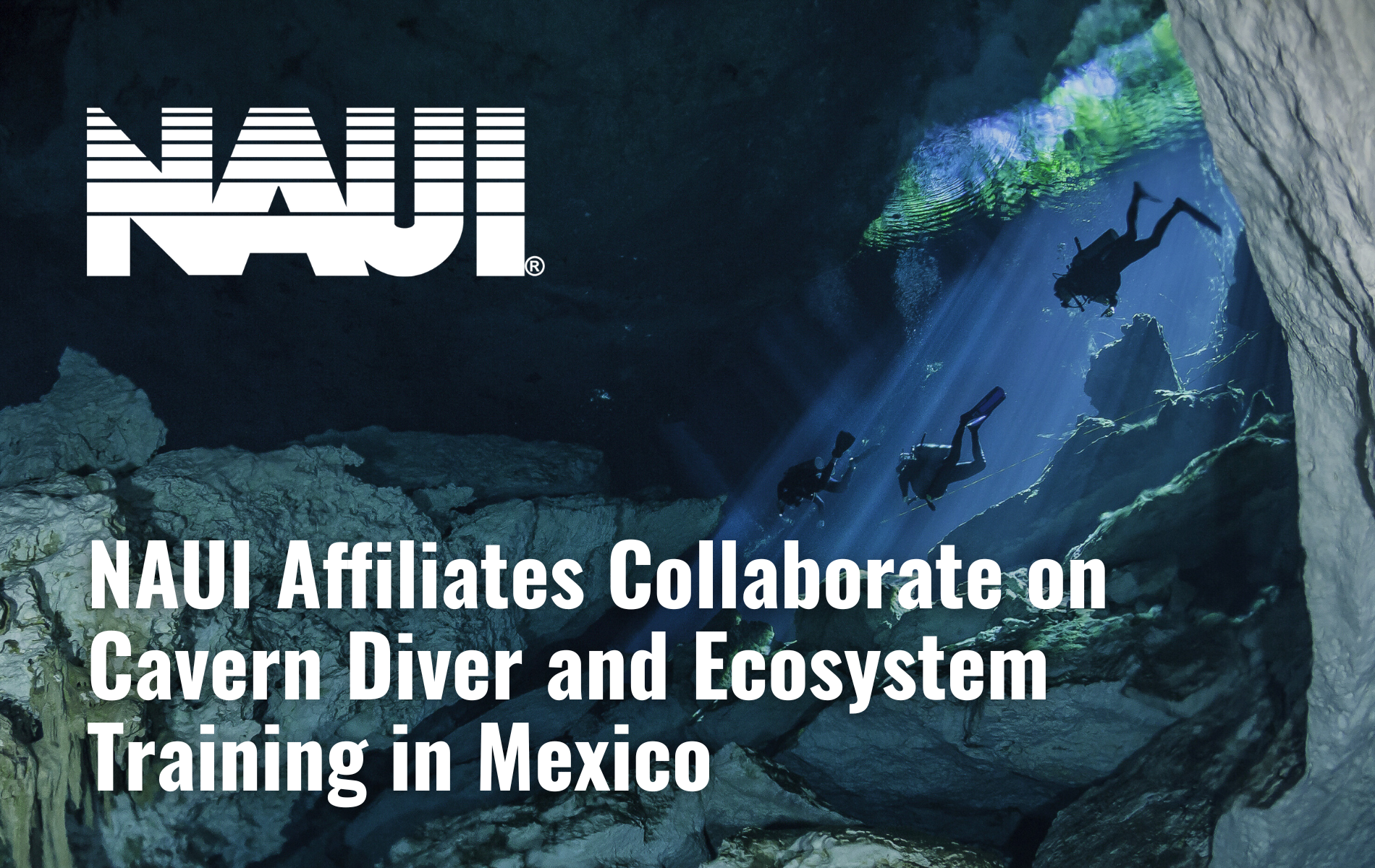There’s an anecdote I once heard, akin to a parable, about the recreational sector’s careers – a tale that, while I can’t recall its original narrator to credit, is an apt launching pad for contemplating a scuba diving career. Tailored for our scuba context, it unfolds thus:
Consider a candidate for the Instructor Trainer Course (ITC) who, unfortunately, meets an early demise during preparations. Given the candidate led an upright life, at the afterlife’s gates, an interesting choice surfaces: experience the good place, the harsh place, then pick a preference.
In the serene haven, the water is tepid, visibility unobstructed, and the macro photography rewarding. The post-dive socials are amiable, yet miss a vivacious spark. The alternative, however, has cooler waters, low visibility, and a steady surge. Yet, the marine life is abundant, unafraid, and large. The beach’s scorching temperatures beget umbrella drinks and minimal attire, keeping the thrill alive from start to end.
Upon return to the gates, the candidate, although unexpectedly, opts for the arduous environment. Instantly, they’re surrounded by a crowd, a colossal manure pile, and a whip-brandishing brute distributing shovels. When the group protests, recalling a different scene minutes prior, the brute retorts, “Yes, but you were tourists then; now, you work here.”
One glaring takeaway here is the stripping away of allure once you work in the industry. The mundane tasks like late and early hour cylinder fills quickly overshadow the diving thrill.
A subtler insight underscores the value of the unglamorous yet essential tasks. Every job has its heap of “manure” that, if not tackled, makes everyone unhappy. Embracing it and excelling as a “manure mover” if nothing else will result in less of the unwanted stuff surrounding you.
An often ignored truth: manure can be fantastic fertilizer. Cultivate something, and it might flourish. You can either grow a fulfilling career and profitable yield by planting seeds or let your disposition reflect the stuff you’re moving.
Kopi Luwak Coffee, also known as “civet coffee” in Bali, is a compelling instance of the “Potential of Poop.” A local creature, the Luwak or Civet-Cat, eats coffee cherries, partially ferments them during digestion, and excretes them. The defecation is harvested, beans cleaned, and the resultant coffee is among the world’s priciest and known as the “Holy Grail of Coffees” or to the locals as “Catpoocino”.
This parable serves as a conversation igniter about scuba industry careers. Prospective dive leaders and instructors, who step into the field with clear expectations and industry understanding, are likelier to persist and prosper.
The author, Frank Degnan, can be contacted at moc.s1770308800revid1770308800nange1770308800d@nan1770308800ged1770308800

